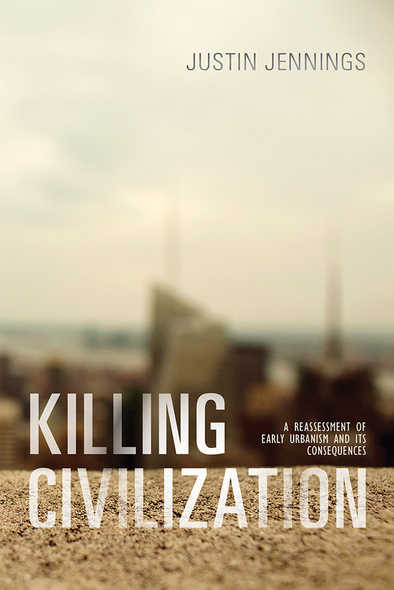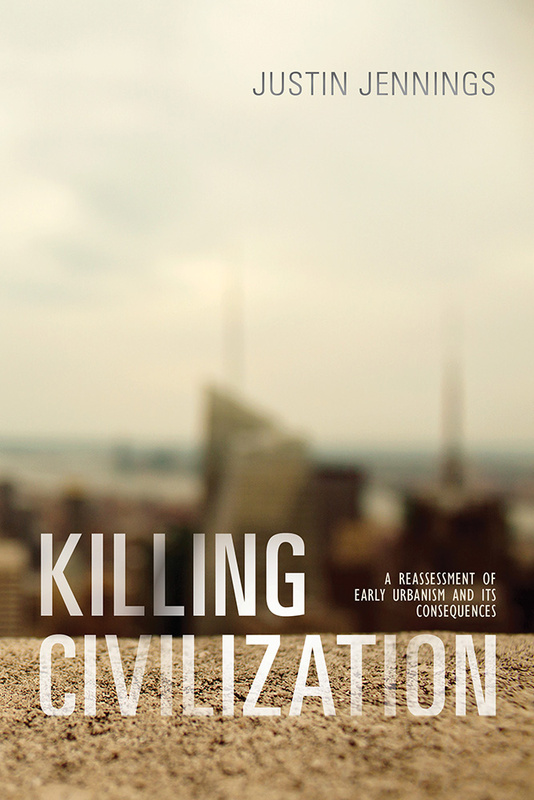
Killing Civilization
A Reassessment of Early Urbanism and Its Consequences
The concept of civilization has long been the basis for theories about how societies evolve. This provocative book challenges that concept. The author argues that a "civilization bias" shapes academic explanations of urbanization, colonization, state formation, and cultural horizons. Earlier theorists have criticized the concept, but according to Jennings the critics remain beholden to it as a way of making sense of a dizzying landscape of cultural variation. Relying on the idea of civilization, he suggests, holds back understanding of the development of complex societies.
Killing Civilization uses case studies from across the modern and ancient world to develop a new model of incipient urbanism and its consequences, using excavation and survey data from Çatalhöyük, Cahokia, Harappa, Jenne-jeno, Tiahuanaco, and Monte Albán to create a more accurate picture of the turbulent social, political, and economic conditions in and around the earliest cities. The book will influence not just anthropology but all of the social sciences.
Jennings challenges long-cherished notions of anthropologists regarding the origin of cities, states, and other hallmarks of complex societies.'--Mark W. Allen, coeditor of The Archaeology of Warfare: Prehistories of Raiding and Conquest
Jennings presents the strongest argument I have seen against the civilization concept. The model he presents is a major reorientation of views about the origins of social complexity, and I find it compelling and exciting. Unlike the traditional view, which sees cities and urbanism as by-products of the development of states, Jennings puts cities at center stage. Cities came first, and only then did the problems and benefits of urban life produce kings, states, inequality, and economic development. This is a radical reinterpretation of early history, but I predict it will take hold and guide research for decades to come. Killing Civilization is a major intellectual contribution.'--Michael E. Smith, editor of The Comparative Archaeology of Complex Societies
Justin Jennings is the curator of Latin American archaeology at the Royal Ontario Museum in Toronto and an associate professor of anthropology at the University of Toronto. His recent books include Beyond Wari Walls: Regional Perspectives on Middle Horizon Peru (UNM Press), Tenahaha and the Wari State: A View of the Middle Horizon from the Cotahuasi Valley, and Globalizations and the Ancient World.





